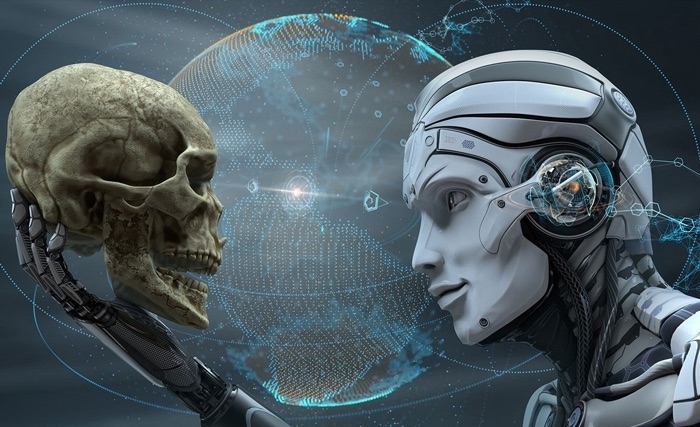Artificial Intelligence: Toward an Inevitable Catastrophe?

Artificial Intelligence (AI) continues to amaze with its rapid evolution, presenting impressive innovations in various sectors. However, many wonder if this technological revolution will not lead us to a disaster. AI is, without a doubt, a double-edged sword. While it can significantly improve our quality of life, it also carries risks that should not be overlooked.
The wonders of AI
AI is everywhere today: from autonomous cars to smart assistants like Siri and Alexa, and even in health with diagnostic systems capable of detecting diseases with greater precision than humans. Additionally, AI plays a key role in the development of industries, from agriculture to robotics, allowing the automation of certain tasks, thus improving efficiency and productivity.
But at what cost?
Despite its benefits, AI poses real dangers. The first concern is related to employment. With the rise of AI, many fear massive job losses due to automation. Machines could soon replace humans in many sectors, leading to an unprecedented unemployment crisis.
Secondly, AI raises ethical concerns. Who will be responsible if an autonomous car causes an accident? How will society handle AI decisions that could negatively impact human lives?
Finally, we must not forget the potential military uses of AI. The creation of autonomous weapons, for example, could lead to uncontrolled and devastating conflicts.
Is catastrophe inevitable?
It is important to note that AI is not inherently bad. However, its unchecked development could lead to catastrophic consequences. The challenge now is to establish ethical, legal, and regulatory frameworks that ensure AI is used responsibly. Without such regulation, AI could indeed lead us to a disaster that will be difficult to avoid.

